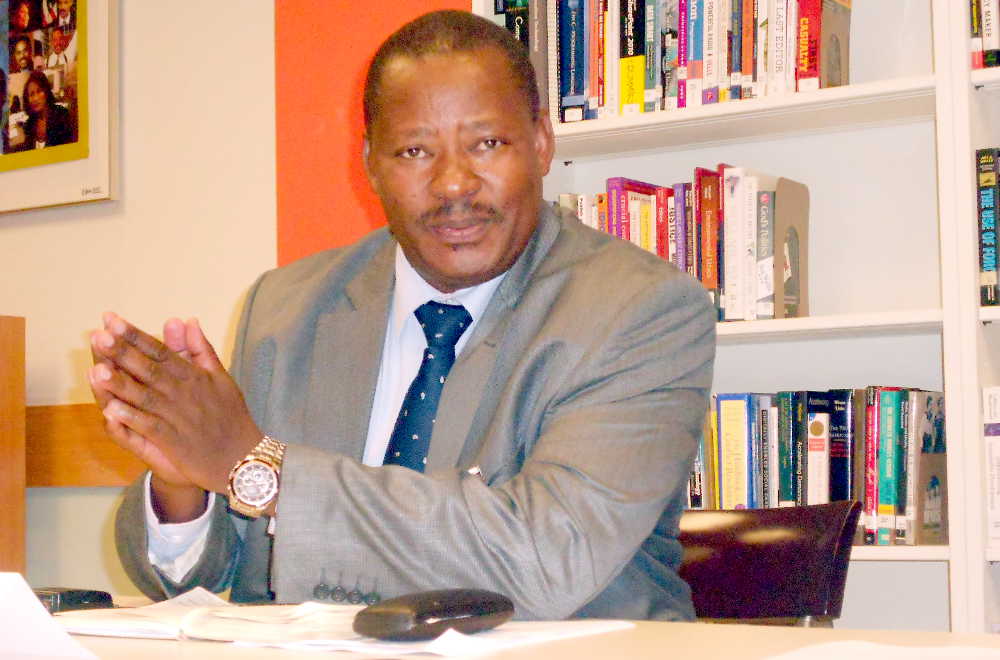Would food still mean the same thing in Uganda without Matooke, but also their incomes and cultures. Not to mention, the country’s pride and national food security?
And when you put Cassava in the equation, nearly the entire country would face a food crisis as the root tuber is eaten from border to border especially in tough days when the God takes a nap and forgets to send rains.
But according to experts, the likelihood of the two foods disappearing from our gardens and therefore our dinner tables is almost certain if nothing is done to save two of Uganda’s biggest staple crops, thanks to vicious diseases coupled with climate change that threaten to wipe out the crops.
Now, as far as Ugandan scientists are concerned, the two staple crops will be wiped off the face of Uganda by diseases whose cure is not available using convention means that have relied on previously to address disease challenges.
With Uganda’s population expanding twice as faster as the rate of food production, scientists are advocating for the adoption of new scientific tools such as Genetic Modification not only to safeguard the threatened crops but to increase productivity with the dwindling land and water resources. The increase in average temperatures, attributed largely to climate change, scientists argue, has created conditions that foster multiplication of disease pathogens, thus calling for a new set of scientific tools that allows scientists to develop new varieties that that help farmers cope with climate variability.
The overwhelming dependency on fresh foods by most households in Uganda, as opposed to neighbouring countries that depend a lot on cereals, has further increased people’s vulnerability to climate change.
The appeal by scientists, and some politicians to adopt GM technology to address crop diseases, has sparked a furious debate that has pitted scientists against Non-governmental organisations.
The Banana Bacterial Wilt disease has destroyed nearly half of the plantations in Uganda but experts say it can wipe out the crop. On the other hand, Cassava Brown Streak, has destroyed the crop.
NGOs such as ActionAid, Carritas, SEATINI and NOGAMU have come out to oppose a government bill currently under consideration by Parliament to regulate the introduction and use of GM products. ActionAid has however admitted that its officials have been spreading misleading information that GM foods cause cancer.
Experts have also argued that claims made by some of the NGOs that GMOs will make Ugandans dependent on multinational seed companies such as Monsanto, are baseless because most of the GMOs currently being developed with taxpayers’ money such as Matooke, do not use seeds but are vegetatively propagated and thus can be re-planted with cuttings or suckers.
SEATINI, which is a trade-focused NGO has advocated against GMOs saying that Uganda’s exports to Europe will be blocked. Prof. Wilberforce Tushemereirwe, the Director of the National Agricultural Research Laboratories in Kawanda (NARL) argues that Uganda does not commercially export Matooke, Cassava to Europe. He therefore argued that the bill is about securing Uganda’s food supply.
Dr. Ambrose Agona, the Director General of NARO emphasised that the Biosafety and Biotechnology Bill 2012, will protect rather than endanger Uganda’s native crops, food security and people’s health by putting in place a robust regulatory regime.
Agona argues that Uganda currently faces serious challenge of fake things finding their way into the country. “In the absence of a law, how shall we be able to prevent potentially dangerous GM products from getting onto our farms and on our dinning tables?”
To make matters worse, scientists say that GM foods are already being sold in Supermarkets in Kampala without any regulation.
Scientists recently met with the NRM Caucus to sensitize them about the bill and the reasons for its fast-tracking and they received overwhelming support, according to Prof. Tushemereirwe. Scientists have dismissed the proposal by NGOs to continue consultations on the bill as a tactic to help them solicit for funds from European-based NGOs.








